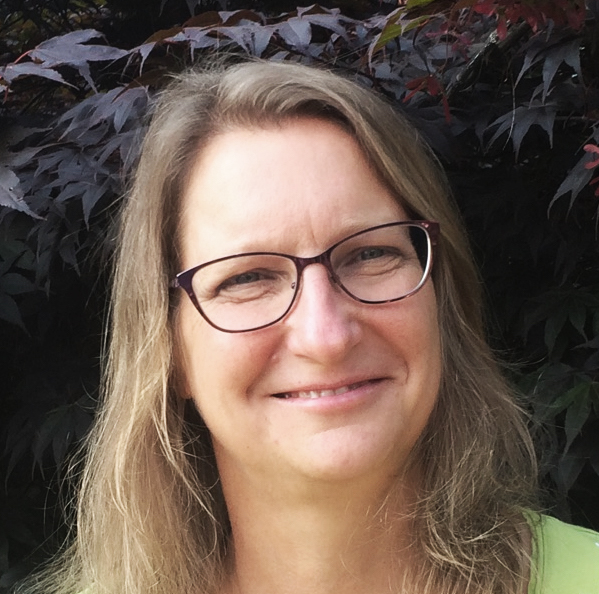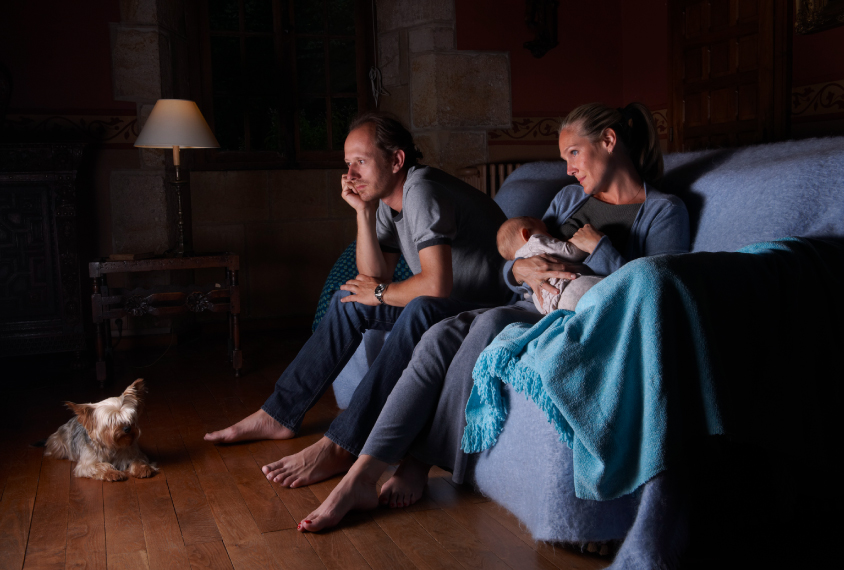Charlotte Schubert is a freelance science journalist based in Seattle with previous staff experience at Nature Medicine and at the Milwaukee Journal Sentinel. She has written for Nature, Proceedings of the National Academy of Sciences, Cell Press and other publications. She has Ph.D. from the University of Washington and just completed a year-long stint in an epigenetics lab at Fred Hutchinson Cancer Research Center.

Charlotte Schubert
From this contributor
Genetic risk factors for autism may affect family size
People who carry risk factors for autism but do not have the condition tend to have slightly fewer children than average, and have them later in life.

Genetic risk factors for autism may affect family size
Explore more from The Transmitter
Mitochondrial ‘landscape’ shifts across human brain
Evolutionarily newer regions sport mitochondria with a higher capacity for energy production than older regions, according to the first detailed map of the organelles in a tissue slice, adding to mounting evidence that the brain features a metabolic gradient.

Mitochondrial ‘landscape’ shifts across human brain
Evolutionarily newer regions sport mitochondria with a higher capacity for energy production than older regions, according to the first detailed map of the organelles in a tissue slice, adding to mounting evidence that the brain features a metabolic gradient.
Expediting clinical trials for profound autism: Q&A with Matthew State
Aligning Research to Impact Autism, a new initiative funded by the Sergey Brin Family Foundation, wants to bring basic science discoveries to the clinic faster.

Expediting clinical trials for profound autism: Q&A with Matthew State
Aligning Research to Impact Autism, a new initiative funded by the Sergey Brin Family Foundation, wants to bring basic science discoveries to the clinic faster.
This paper changed my life: Shane Liddelow on two papers that upended astrocyte research
A game-changing cell culture method developed in Ben Barres’ lab completely transformed the way we study astrocytes and helped me build a career studying their reactive substates.

This paper changed my life: Shane Liddelow on two papers that upended astrocyte research
A game-changing cell culture method developed in Ben Barres’ lab completely transformed the way we study astrocytes and helped me build a career studying their reactive substates.